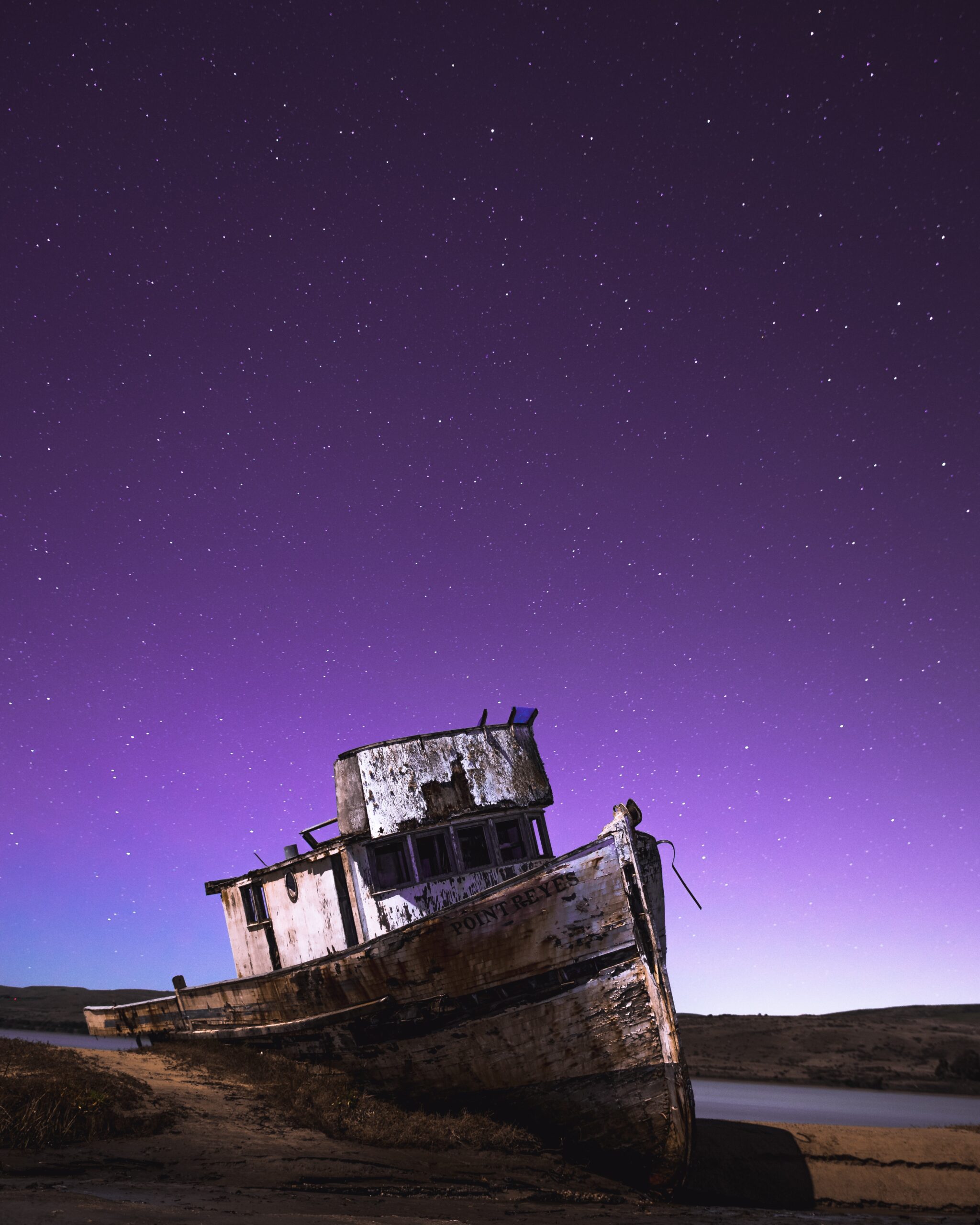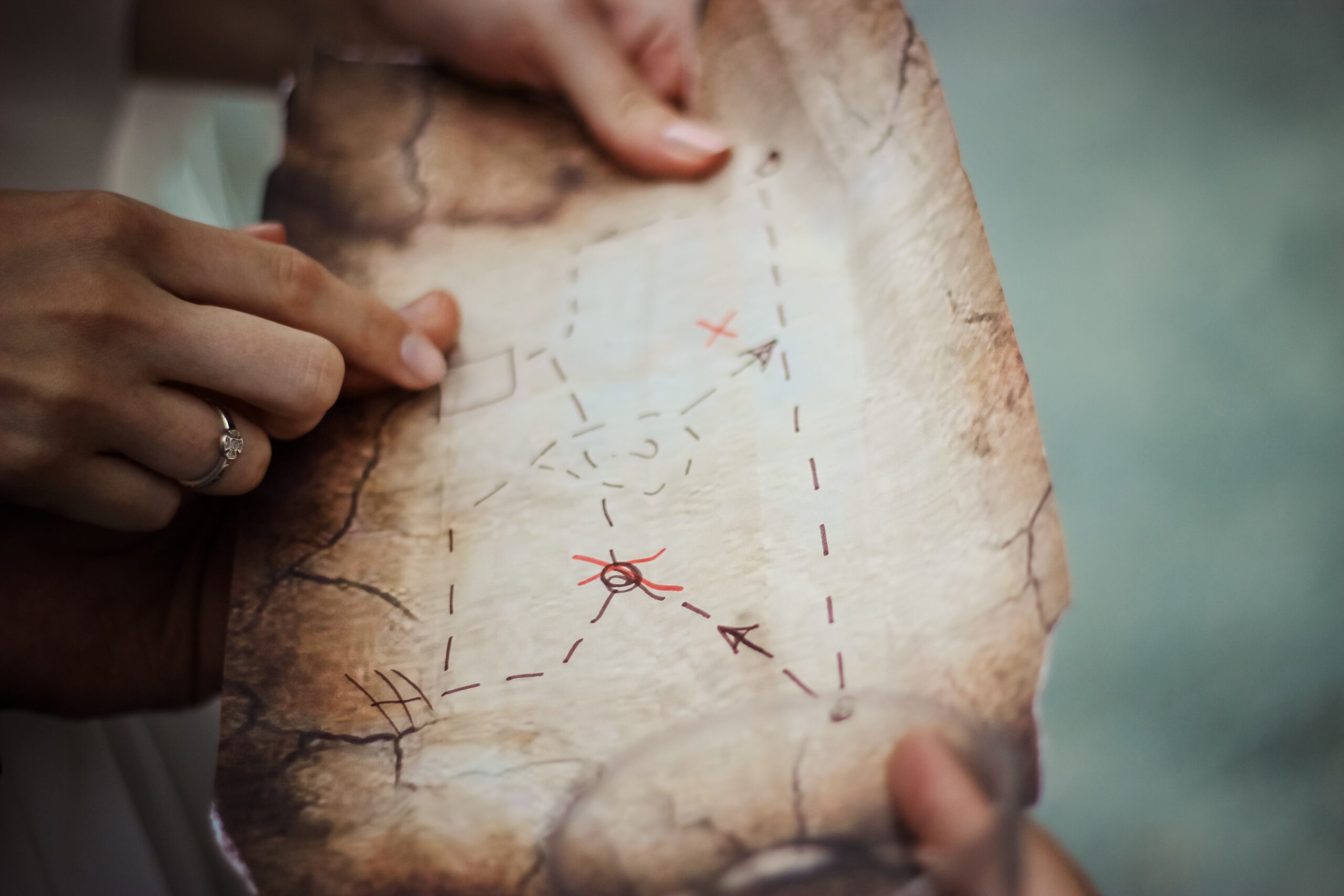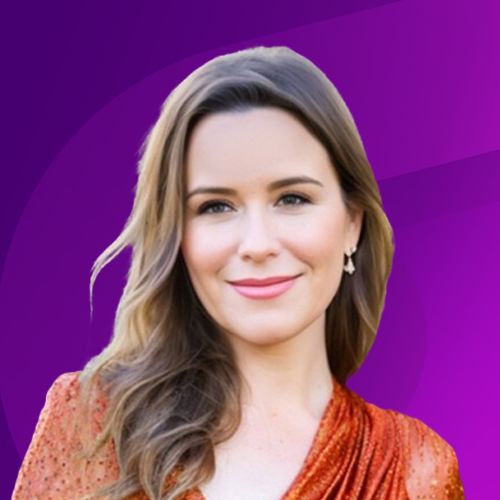In the world of Resilience, where adventure and danger converge upon treacherous seas, one name stands out: Captain James Green.
James Green is an advocate of intelligent risk taking, driven by the belief that risk can be a powerful tool to help organizations reach their maximum potential.
In 2020, James was named the BCI’s Continuity and Resilience Consultant of the Americas – the first to be awarded this twice.
James is co-founder of Illuminate Advisory, which inspires organizations through thought-leadership, strategic partnerships, and hands-on guidance to harness the power of risk. He is also a co-founder of the Resilience Think Tank, which provides guidance and research to the risk industry worldwide.
James has been an instrumental partner in the early days of iluminr’s global growth, where he played a significant role in building awareness of iluminr and remains an influential figure in the continued evolution of the company.
James recently launched a spoof on the iluminr Challenger Resilience archetype, the Resilience Pirate.
James in the process of writing his first book ‘Hurricane Irma Ate My Pants’, available in a bookstore near you this September. Here, he talks about life as a Resilience Pirate, the stormy waters of business operations, and challenging the status quo in Resilience.
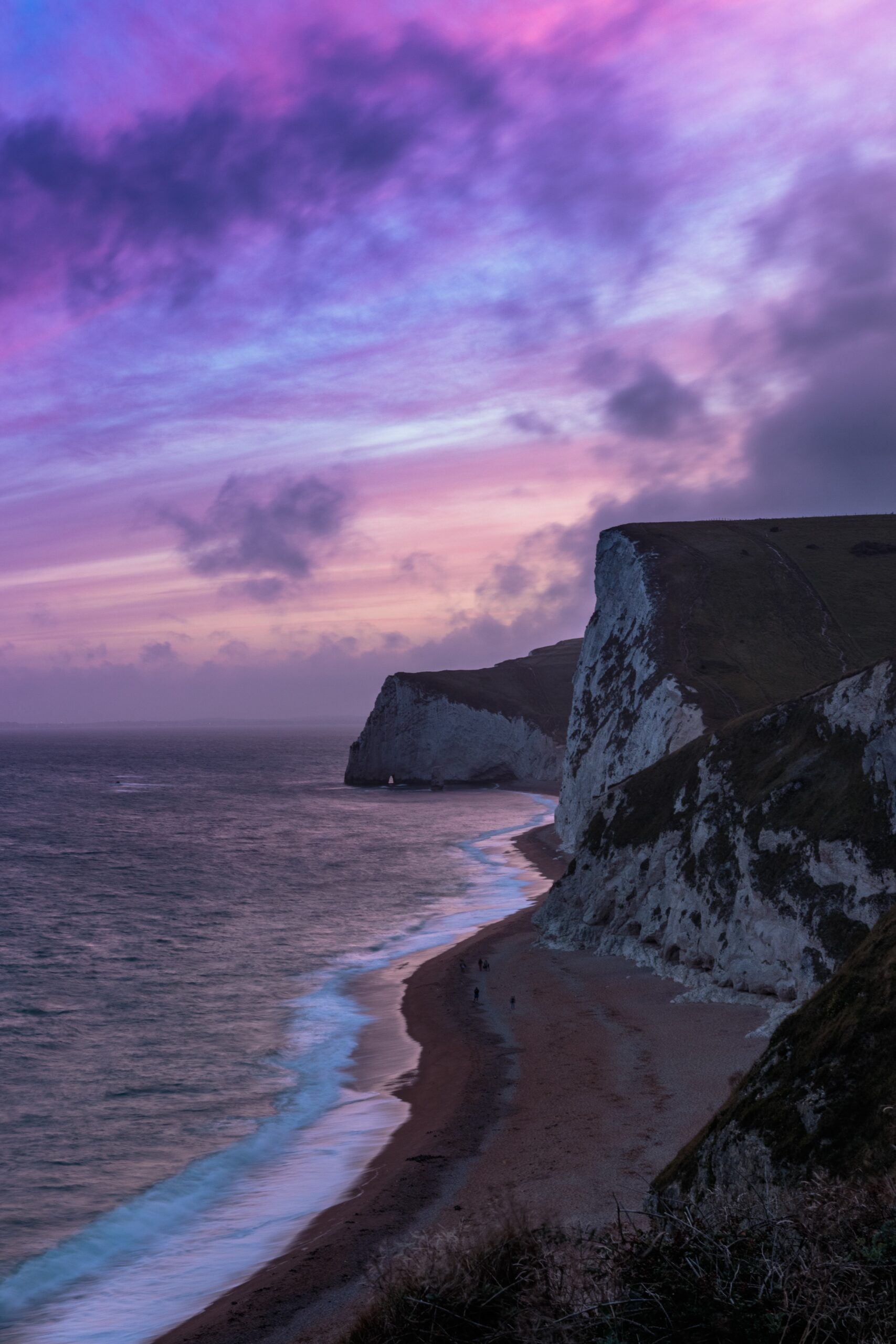
Q: As a seasoned captain of organizational risk, what key strategies do you employ to navigate the turbulent waters of uncertainty and ensure the safety of your crew and cargo?
James: I wear a pirate’s hat in all Crisis Management Team meetings that we participate in with our clients.
Ok that is not true (yet), but I encourage diversity of thought when building strategy.
How many times after something goes wrong does someone say, “I knew that was going to happen.”
There are people in our organization who can contribute in meaningful ways to help us navigate through treacherous waters, but they’re not always in the room as key decisions are made.
Q: How do you steer your clients away from the treacherous rocks of potential threats and guide them towards a resilient course?
James: Just like pirates relied on a treasure map to guide them to what was important to them, we help organizations create program roadmaps.
But a roadmap has to be more than just best industry best practices. It needs to incorporate the needs of the business and stakeholders. One organization’s treasure is another’s fool’s gold.
Q: In the face of adversity, how do you inspire organizations to develop a “pirate’s spirit” of resilience and adaptability?
James: Having a pirate’s spirit is all about taking risks. But there is a difference between taking a risk and being reckless.
Most people think that taking a risk is a bad thing, but I see it as a good thing. The book that I am writing now, “Hurricane Irma Ate My Pants”, is all about why people need to take more risks, and how to do so successfully.
Q: Can you give us a sneak preview of some of the themes in the book?
James: The book explores the difference between intelligent risk taking and being reckless, why most people’s view of risk is skewed, and how the size of a potential risk needs to be weighed by where we are currently at in life.
Q: What tools and methodologies do you employ to strengthen an organization’s ability to weather the storms of disruption and bounce back stronger?
James: I think it was Blackbeard who said, “Everyone has a resilience plan until they are forced to walk the plank.”
Plans can be useful, but the best way to strengthen an organization’s resilience is through action. I find that microsimulations and tabletop exercises in certain instances really allow us to assess an organization’s strengths and weaknesses and help them build towards the future.
Q: Have you encountered instances where organizations have embraced the spirit of resilience and transformed their challenges into opportunities for growth and plunder?
James: My love of pizza is embarrassing. If I was forced to walk the plank and I was given one last meal I would ask for my wife’s cooking. And if that was denied (rude!) I would ask for a pizza. I look at what Domino’s Pizza has done, and they are always pushing the boundaries and innovating in an industry that most of us wouldn’t consider cutting edge. They were one of the first restaurant chains in the United States to have online ordering, to allow you to track your order in real time, and to have an app. Those are all standard in that industry now. And during COVID they not only survived, but thrived. They quickly embraced “contactless delivery”, either by putting a pizza in the trunk of your car at their location or leaving it at your door. Again, both of these are common now but were considered cutting edge in early 2000. They continue to push the boundaries of the status quo.
Q: How do you foster a risk-aware culture within organizations, encouraging crew members at all levels to be vigilant and ready to repel potential threats?
James: I help organizations take intelligent risks. Intelligent risks are risks taken with a purpose. One way to sharpen that purpose is to encourage everyone in the organization at all levels to be a risk manager. So in pirate terms, I want everyone taking shifts in the crow’s nest looking for dangers. Identifying emerging risks needs to be something that everyone is mindful of, not just one department.
Q: What qualities do you believe are essential for leaders to navigate the unpredictable seas of risk and inspire their crew to sail towards organizational resilience?
James: In my book I talk about timing, and often the quality of a risk is determined by when in our life we are taking it. I can take risks in my 40s that I couldn’t take in my 20s. But I could also take risks in my 20s that I couldn’t take now.
A great leader navigates unpredictable seas when they also consider timing.
For that pirate captain, what time of year is it? Is there a hurricane? Did you just fight a major battle. For a Corporate Pirate, did you just launch a new product? Go through a M&A? Layoffs? All of those may be signs that the timing is not right for a new risk at the moment.
Q: Can you share any tales of remarkable leaders who, like legendary pirate captains, have successfully steered their organizations through turbulent waters, earning their crew’s unwavering loyalty?
James: We often think that only remarkable leaders earn people’s love and loyalty. But leaders who do the right thing are the ones who earn people’s loyalty. Think about all of the bosses you have had in your career. Now think about all of the ones who you would actually share a jigger of rum with, and not make them walk the plank. I bet they were not all titans of industry or visionaries. They’re the people who always treated you with dignity and respect. They were the ones you could always count on to act in the best interest of their employees.
Q: As the risk landscape constantly evolves, what new threats on the horizon do you see looming, unknown pirate ships emerging from the fog?
James: I think we are starting to see the lines between social issues, politics, and business blur in ways that I have not seen in my lifetime. In the United States, numerous states are passing laws and we’re seeing people who work in those states are asking their employers, “Are you ok with this?” or “I don’t plan to live in this state anymore”. We are also seeing more and more consumers saying that they either will, or will not, buy goods and services from a business because of their political and social beliefs. Organizations are not going to be able to stay on the sideline on these issues for much longer.
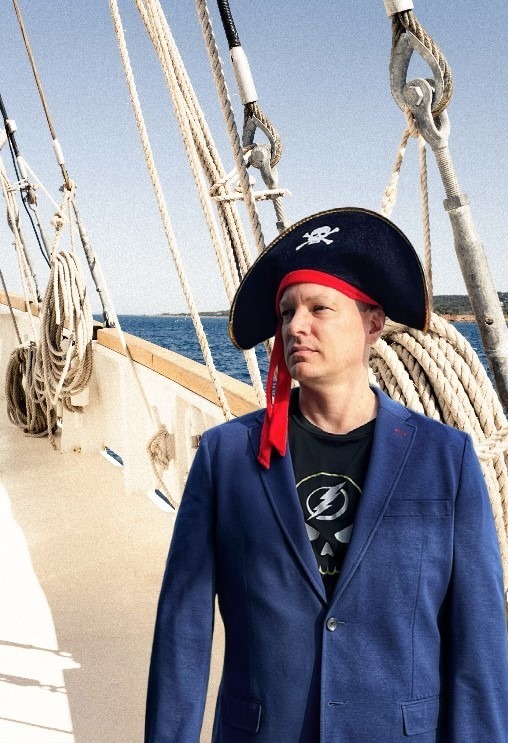
Q: What advice do you give organizations to cultivate agility and flexibility in their risk management strategies, ensuring they are ready to adjust their sails swiftly to navigate uncharted waters?
James: Agility and flexibility in unchartered waters requires trust. The captain needs to trust the crew and the crew needs to trust the captain. Without that trust there will be friction and doubt. And when that happens, your ship can run aground before you know it.
Q: Are there any noteworthy historical accounts of pirate encounters or maritime adventures that hold valuable lessons for modern organizations in managing risks and building resilience?
James: Samuel Bellamy is considered one of the most successful pirates of all time. In just over a year, he and his crew captured over 53 ships, with an estimated value in today’s dollars of approximately $150 million. His crew loved him because he treated them with respect and they knew they had a true voice in how his “corporation” was run. Most companies these days could learn from that! But his success was fleeting, as he and most of his crew drowned during a violent storm off the coast of Massachusetts. The risk of inclement weather was part of doing business in this “industry”, but Bellamy had no contingency plans for them.
Q: Do you have any stories of organizations that have successfully incorporated the spirit of adventure and calculated risk-taking, similar to pirate expeditions, to thrive in their industries?
James: I feel that Apple has incorporated the spirit of being a pirate more successfully than almost any other corporation. Their commercial during the 1984 Super Bowl was radical for its time, and announced to the world that they were not going to operate within traditional business rules. The iPod came at a time when people didn’t see why you would ever need access to more than 10 songs at a time. And the iPhone created an entire new industry, and thrust smartphones into the mainstream.


